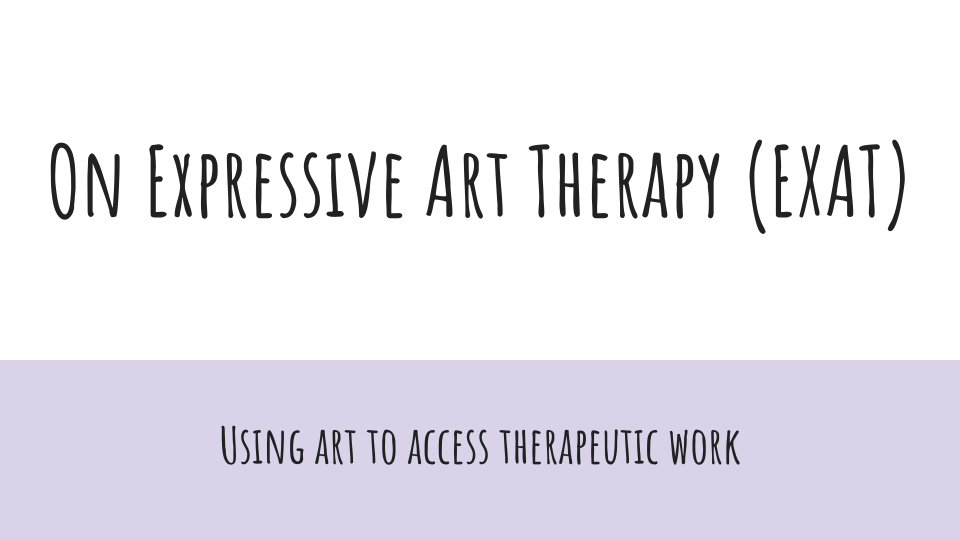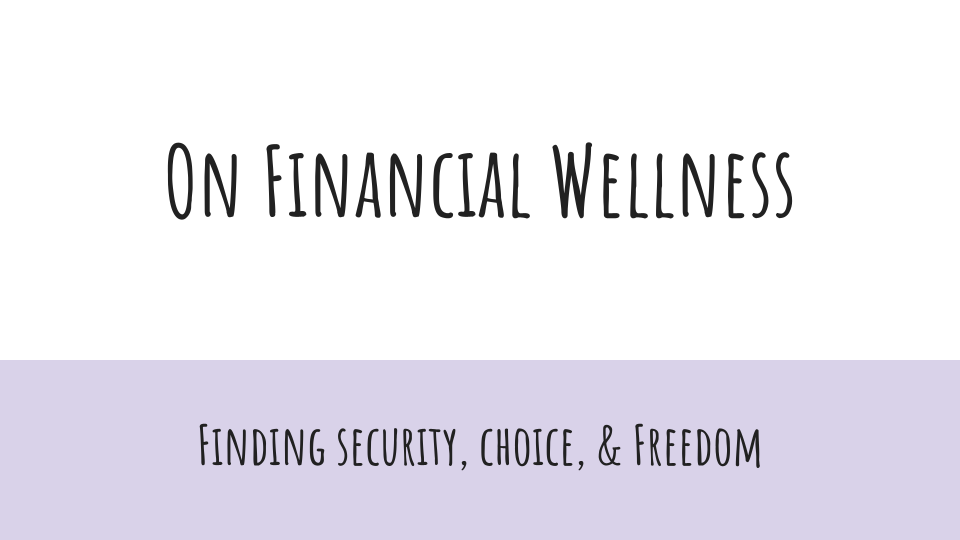On Values
Values are your foundation of self – when you are live out your values, there is congruence with your thoughts, behaviors, and beliefs. You generally feel a sense of peace. When you act outside of your values (often in times of emotional distress), feelings of guilt and shame arise. And when we go weeks and months of not living out our values, it can lead to chronic anxiety and depression. Learning about your values can help you with making important life decisions, and provide insight to conflicts as they arise in relationship.
Below you will find resources related to exploring your Values.
More about Values
Values can be defined as your ‘standard of behaviors,’ or your ‘foundation of self.’ It is the base upon which sits your beliefs, thoughts, emotions, and actions. When one is acting out their values, there is an alignment with thoughts, behaviors, and beliefs.
Consider this:
Ever laid your head down on the pillow at night and thought, “Yeah. Today was a tough day, but I did a good job of navigating the difficult moments.” That sounds like a day of acting out your values. I bet you slept pretty well that night.
What about the nights where you stare at the ceiling and replay the moments where you did not show up so well? Those moments that, upon reflection, give rise to feelings in your body – maybe tightness in your chest, maybe queasiness in your body? Those remembered moments may be when you were not acting within your values. When we go weeks and months of not living out our values, it can lead to chronic anxiety and depression.
So, here are some things to know about values:
All people have values, though everyone’s values compositions are unique.
Values can come from many sources, namely our parents, religion, school, peers, people we admire, the culture we live in, etc.
Not all values are weighted equally – we each have some values that are more ‘core’ than others.
Core values represent an individual's or organization's highest priorities, most deeply held beliefs, and fundamental driving forces.
Normally 3-5 core values
These are more ‘static’ - they tend to remain stable throughout your life.
Often these are in relative alignment with each other.
However there are times when your core values are in conflict, creating significant inner turmoil.
Secondary values are the dozens of other values that are a part of your makeup, however these are not as intense as your core values.
These are more ‘flexible’ - they can shift in priority at different life moments.
Often these secondary values are in mild conflict with each other, creating inner tension (ie - ‘I value freedom and want to travel, but I also value security and want to keep my job.’)
You might be reading this and thinking about your partner, or your parents, or your child. You might be wondering, “Huh. Are our values really different?” The answer is, most likely, No. Research shows that we, in general, develop similar values systems to our parents & significant peer relationships, are attracted to partners with similar values systems, and (in time, given enough space for identity development), our children will return to a relatively similar values system as our own.
Wait. What about that not feeling good with my head on the pillow thing? What we are talking about there is ‘acting outside of your values,’ which is more likely to happen when you are unable to manage your emotions (please visit the Emotional Management chapter for more information on this subject). When you say or do things outside of your values system, it can create feelings of guilt and shame. When you feel guilt/shame, ask yourself these questions:
When did I start to feel guilty?
What were the circumstances around this guilt?
Did I say or do something that compromised a personal value(s) of mine?
Remember that chronically acting outside of your values can lead to anxiety and/or depression.
How do I explore my values?
Fortunately, there are lots of different values explorations. I’ve linked my favorite exploration below, as well as a list of values from Brené Brown in ‘Additional Resources.’ Please know that there are several ways to explore your values, and lots of different values lists. Just like everything we do in this classroom and in working together, you get to figure out what works for you! Creating that core list of values can help you evaluate how you are showing up in your relationships, at work, and for yourself.
Put simply, there is a strong chance that some of your values in relationship are overlapping, while other values are conflicting. Just like your values for hard work and exercise may be in conflict on a busy Monday morning, so too do relationships experience scenarios in which a partner, parent, or child’s value system is in conflict. Learning about your values system can help you with making important life decisions, and give insight to conflicts as they arise in relationships.
Values Suggested Activities
Take time this week to consider the following activities related to exploring your values. There are several different options for you to explore, in case one modality works better for you. Please note that your Conversation Prompts can also make great Journal Topics.
Journal Topics
Answer the question: ‘Who am I?’
Write about the three people in your life who you admire the most. What do you admire about them?
Write out your 3-5 core values. Spend time with each writing the ways in which you live according to these values. Then, write out the ways in which your actions and/or life circumstances are in conflict with these values. Notice what happens in your body as you write about this topic.
What were some of the core values modeled in your family of origin? What are the similarities with your values today? What is different? How does that feel?
Think about the major parts of your life. Usually this is some combination of home, work, relationship. Write about how these major parts are either in alignment or out of alignment with your personal values (ie - What makes happy? What makes me miserable?)
Conversation Prompts
Sit down with your partner and/or your family and have a conversation about values. This can be a great time to do the experiential PsychologyToday activity (linked below). Discuss your individual values and family values, and acknowledge how at times they might be in-alignment, or in-conflict with one another. Discuss strategies for honoring both in times of peace, and in times of conflict.
Have a conversation about how your values show up in your actions. Discuss times when you’ve felt like your actions have been out of alignment with your values, and how that may have affected your emotions and/or ability to show up in the relationships with your friends and family.
Experiential & Artistic Activities
Create a physical representation of your values and show how they relate to one another. This can be a fun sculpting activity, or create a ‘screenplay’ showing how they interact, support each other, and sometimes bicker.
Create your ‘Personal Values List’ through art - hang it up somewhere where you will see it regularly.
Additional Resources on Values
Books on Values
The Parallel Process, by Krissy Pozatek
Parenting from the Inside Out, by Siegel & Hartzell
Communication Skills for Teens, by Skeen & McKay
Superhero Therapy, by Janina Scarlet
Other Chapters in THOUGHTS/EMOTIONS/BELIEFS
Check out the Rest of the Classroom!
References
Barrett, K., O’Connor, M., & McHugh, L. (2019). A Systematic Review of Values-Based Psychometric Tools Within Acceptance and Commitment Therapy (ACT). The Psychological Record, 69(4), 457. https://doi-org.proxy006.nclive.org/10.1007/S40732-019-00352-7
Blonna, R. (2010). Maximize Your Coaching Effectiveness with Acceptance and Commitment Therapy. New Harbinger Publications.
Deane, F. P., Ciarrochi, J., & Blackledge, J. T. (2009). Acceptance and Commitment Therapy : Contemporary Theory Research and Practice. Australian Academic Press.
Eifert, G.H, & Forsyth, J.P. (2005). Acceptance and Commitment Therapy for Anxiety Disorders : A Practitioner’s Treatment Guide to Using Mindfulness, Acceptance, and Values-Based Behavior Change Strategies. New Harbinger Publications.
Pearson, A. Macera, M.H., & Follette, V. (2010). Acceptance and Commitment Therapy for Body Image Dissatisfaction : A Practitioner’s Guide to Using Mindfulness, Acceptance, and Values-Based Behavior Change Strategies. New Harbinger Publications.
Pozatek, K. (2011). The parallel process: Growing alongside your adolescent or young adult child in treatment. Lantern Books.
Scarlet, J. (2017). Superhero Therapy : Mindfulness Skills to Help Teens and Young Adults Deal with Anxiety, Depression, and Trauma. Instant Help.
Siegel, D. J., & Hartzell, M. (2018). Parenting from the inside out: How a deeper self-understanding can help you raise children who thrive. Scribe Publications.
















